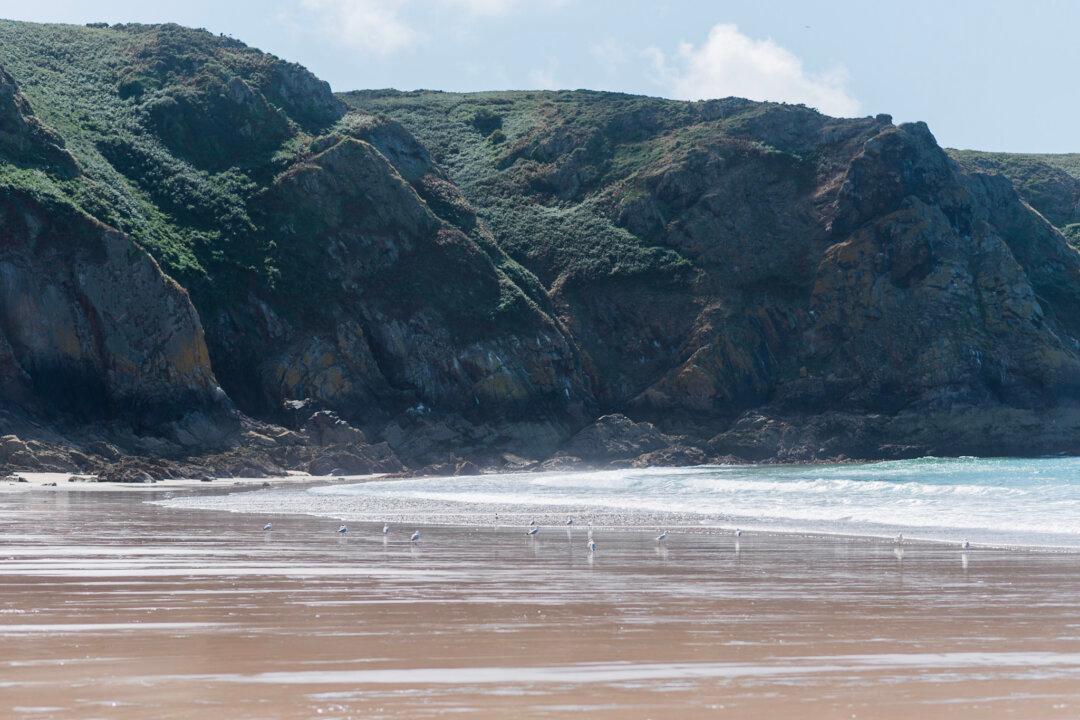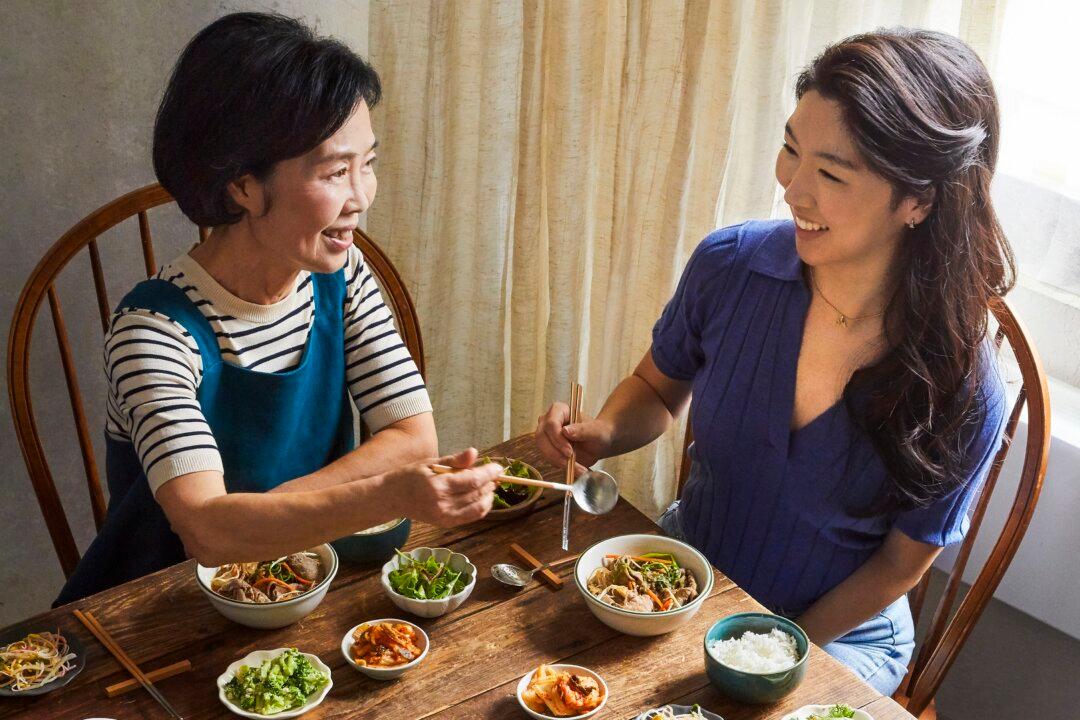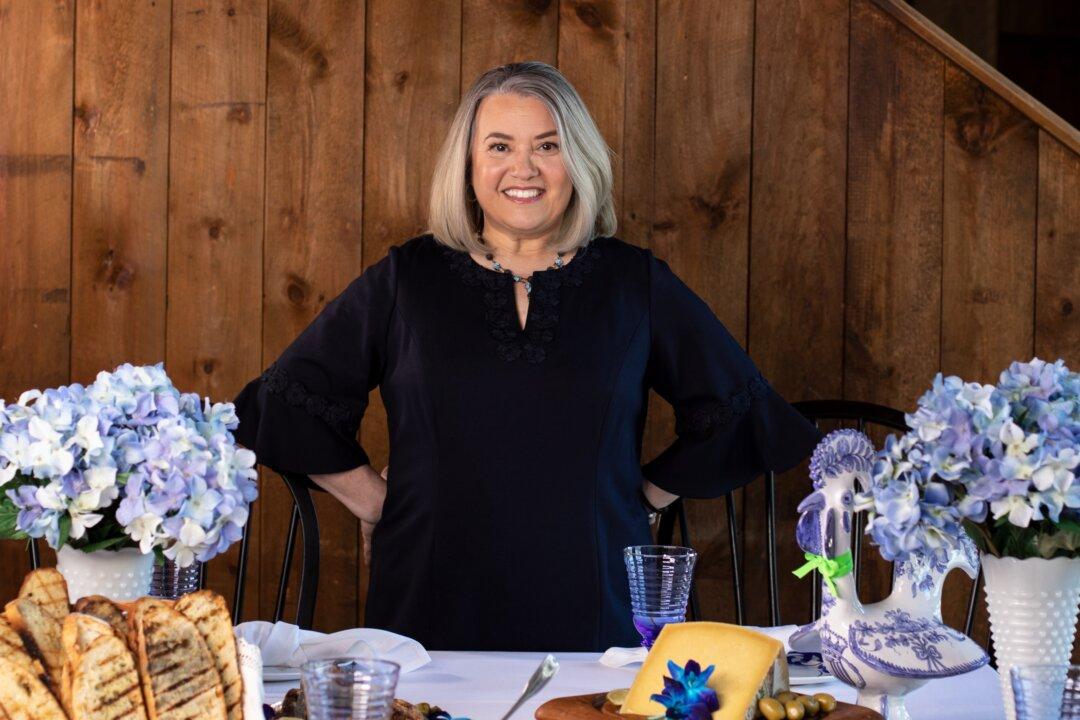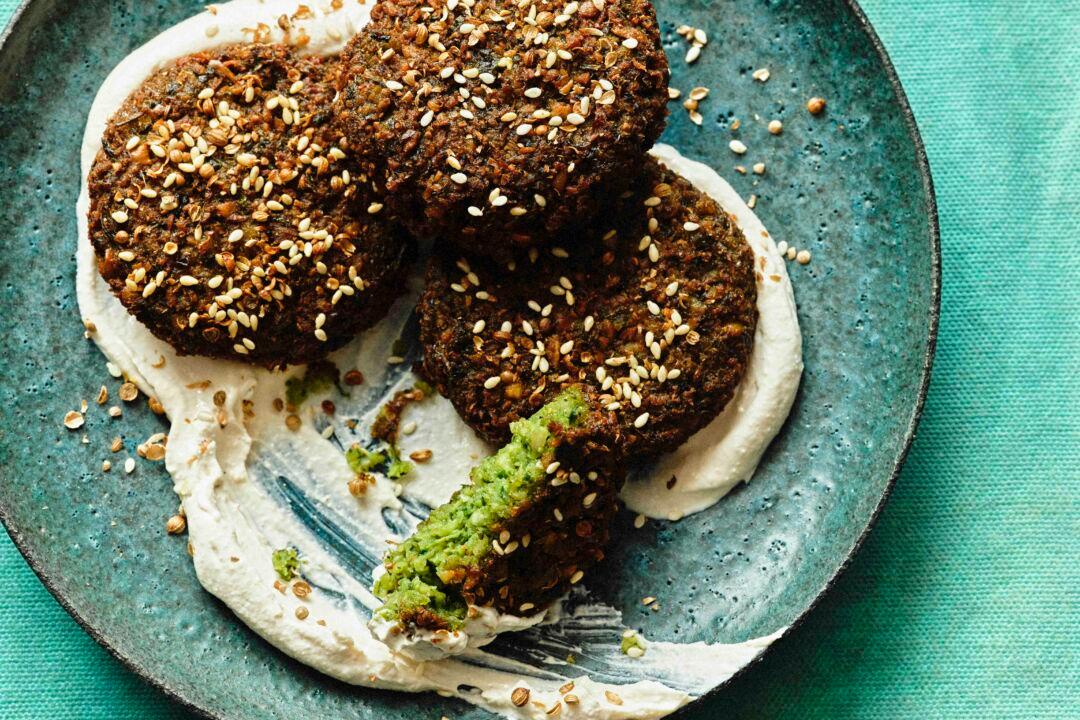My mother grew up on the Channel Island of Jersey. It is, by any objective account, a beautiful place to live. Known for its stunning beaches, hedge-lined lanes, and dramatic cliff walks, the small island is incredibly diverse. It’s famous for its royal potatoes and Jersey cow milk, which makes for the creamiest ice cream.
Our family history is tangled up with Jersey’s going back hundreds of years, and in that way, it only makes sense that when my mom left the island, she took so much of it with her.





